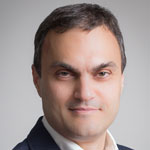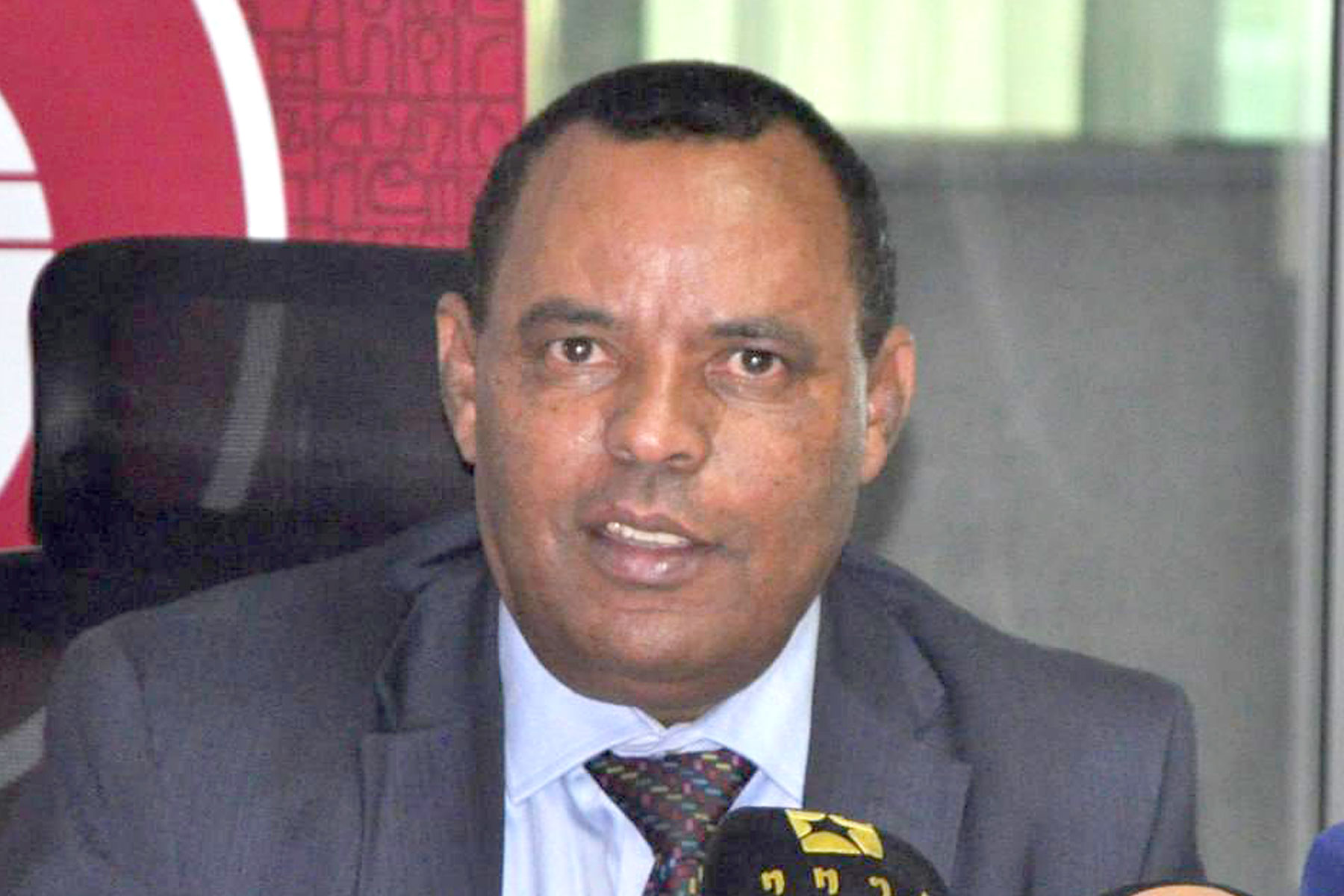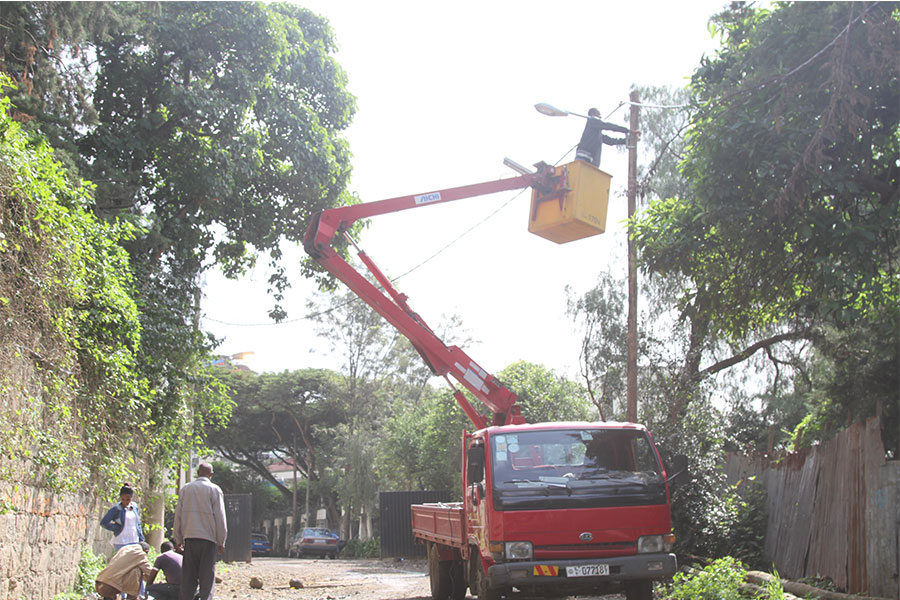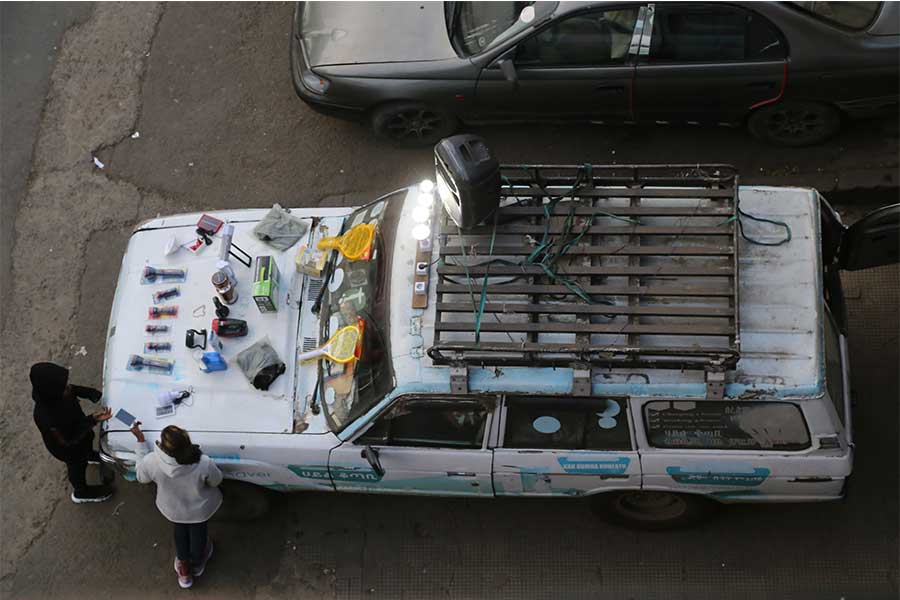
Radar | Jun 07,2025
Aug 28 , 2021
By Manos Antoninis
In the small northern Croatian town of Orehovica, preschoolers get together twice a week to play and learn. The classes, which include children of Roma background, are full of energy. Activities adapted to everyone’s needs have created a sense of belonging for every child, regardless of their identity. The teachers are trained in inclusive education practices, and know how best to support these young children before they enter primary school. Most important, parents play a central role at the preschool and feel supported and valued. The positive impact on the children has spilled over into the local community and improved social cohesion.
The Orehovica programme’s success underscores the longstanding truth that the period from birth to the age of five is vital to a person’s long-term development. The brain grows rapidly during this time and develops important skills that influence our health, how well we do at school, and how good we are at our jobs.
Access to high-quality early education helps nurture these skills and can yield remarkable benefits. US researchers have spent the past half a century studying the impact of such programmes on children who had attended them in the 1960s. They found that participation in early childhood education reduced the likelihood of children being placed in special education and increased high-school graduation rates by as much as 11 percentage points. These children experienced fewer suspensions from school, had better employment outcomes and overall mental well-being, and were less likely to receive criminal convictions.
Evidence from other countries points to a similarly clear pattern. In Chile, an analysis of fourth-grade students showed that children who had attended preschool – and poorer children in particular – did better in reading and mathematics than those who had not. In Indonesia, early childhood education reduced gaps between poorer and richer children in language, cognitive development, communication, general knowledge, and pro-social behaviour.
Despite the importance of these early years, a recent study by UNESCO’s Global Education Monitoring Report, 'Right from the Start,' estimates that two in five children, mostly in low- and lower-middle-income countries, are still completely missing out on pre-primary school. Children disadvantaged as a result of disability, ethnicity, language, poverty, migration, or displacement not only are already disproportionately more likely to suffer from malnutrition and poor health; they are also more likely to be unable to access preschool educations.
The preschool participation gap between children from rich and poor households is stark; in some African countries, it exceeds 60 percentage points. Ethnic gaps also can be large. In Greece, for example, only 28pc of Roma children are in pre-primary education, compared to an overall enrollment rate of 84pc.
'Right from the Start' argues that giving everyone the same educational opportunity from the beginning can play a powerful role in fostering inclusion. Giving all children access to pre-primary education, regardless of their background, identity, or ability, would level the playing field later in life. But most countries leave this up to chance. Only 28pc make pre-primary schooling compulsory for all children.
Access is only part of the picture. In the poorest countries, many preschools are underfunded and not equipped to provide high-quality inclusive education. Children need safe schools, engaging activities, and support from adequately trained teachers to thrive, but too many early-education environments ultimately fail them.
In Malawi, a survey of staff at childcare centres found that only one in three had a relevant qualification. But quality concerns exist in high-income countries, too. In the Italian region of Tuscany, for example, about 60pc of teachers said they were unfamiliar with the needs of immigrant, refugee, and Roma students.
The COVID-19 pandemic has worsened existing inequalities, making the case for an inclusive start in education even stronger. During the G7 summit in the United Kingdom in June, US First Lady Jill Biden and Catherine, the Duchess of Cambridge, championed the transformative power of universal early childhood care and education. To intensify efforts and galvanise cooperation, governments and international organisations will launch a new Global Partnership Strategy on early education this fall, with the aim of ensuring that every child can go to pre-primary school.
It is vital that countries prioritise early education appropriately. They must ensure teachers are trained in inclusive education and that curricula take into account children’s diversity. More should be done to collect data on those excluded, and governments must increase investment in early education programmes.
World leaders have repeatedly promised to “build back better” after the pandemic. When it comes to education, they need to get it right from the start.
PUBLISHED ON
Aug 28,2021 [ VOL
22 , NO
1113]


Radar | Jun 07,2025

Editorial | Apr 13, 2025

News Analysis | Apr 13,2024

Agenda | Apr 20,2019

Commentaries | May 02,2024

Fortune News | Nov 23,2019

Fortune News | Sep 10,2021

In-Picture | Oct 19,2019

Viewpoints | Oct 09,2021

Sunday with Eden | Jan 21,2023

My Opinion | 131981 Views | Aug 14,2021

My Opinion | 128369 Views | Aug 21,2021

My Opinion | 126307 Views | Sep 10,2021

My Opinion | 123925 Views | Aug 07,2021

Dec 22 , 2024 . By TIZITA SHEWAFERAW
Charged with transforming colossal state-owned enterprises into modern and competitiv...

Aug 18 , 2024 . By AKSAH ITALO
Although predictable Yonas Zerihun's job in the ride-hailing service is not immune to...

Jul 28 , 2024 . By TIZITA SHEWAFERAW
Unhabitual, perhaps too many, Samuel Gebreyohannes, 38, used to occasionally enjoy a couple of beers at breakfast. However, he recently swit...

Jul 13 , 2024 . By AKSAH ITALO
Investors who rely on tractors, trucks, and field vehicles for commuting, transporting commodities, and f...

Jul 5 , 2025
Six years ago, Ethiopia was the darling of international liberal commentators. A year...

Jun 28 , 2025
Meseret Damtie, the assertive auditor general, has never been shy about naming names...

Jun 21 , 2025
A well-worn adage says, “Budget is not destiny, but it is direction.” Examining t...

Jun 14 , 2025
Yet again, the Horn of Africa is bracing for trouble. A region already frayed by wars...

Jul 6 , 2025 . By BEZAWIT HULUAGER
The federal legislature gave Prime Minister Abiy Ahmed (PhD) what he wanted: a 1.9 tr...

Jul 6 , 2025 . By YITBAREK GETACHEW
In a city rising skyward at breakneck speed, a reckoning has arrived. Authorities in...

Jul 6 , 2025 . By NAHOM AYELE
A landmark directive from the Ministry of Finance signals a paradigm shift in the cou...

Jul 6 , 2025 . By NAHOM AYELE
Awash Bank has announced plans to establish a dedicated investment banking subsidiary...